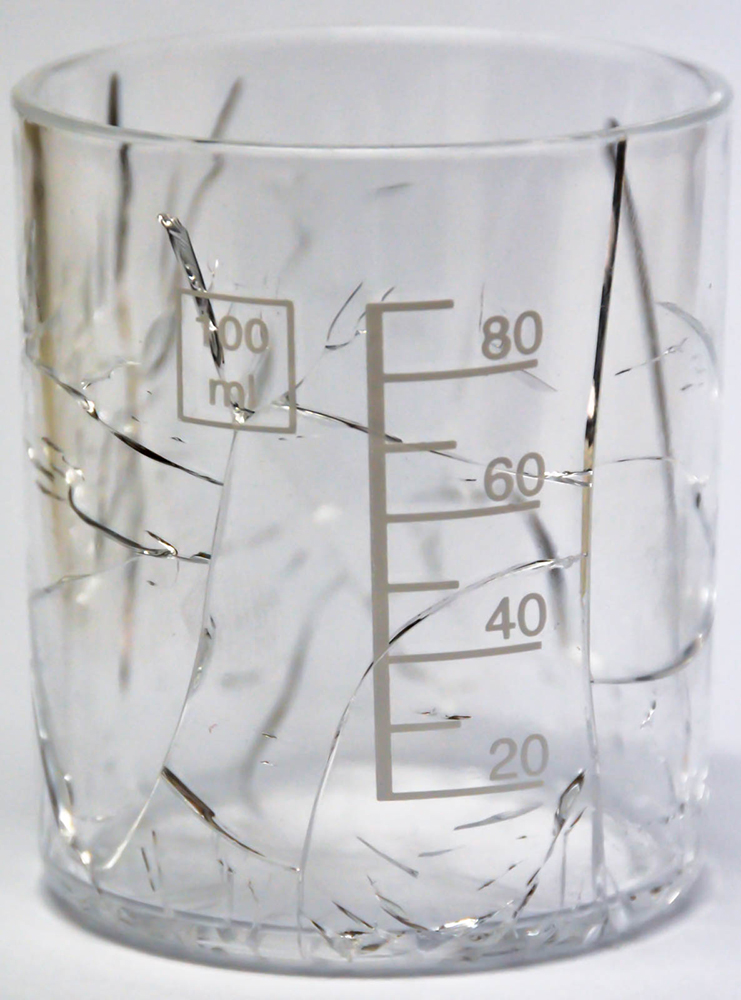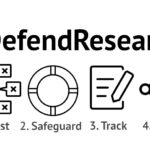By Alexander W. A. Kellner, Laboratório de Sistemática e Tafonomia de Vertebrados Fósseis, Departamento de Geologia e Paleontologia, Museu Nacional, Universidade Federal do Rio de Janeiro (UFRJ) and editor-in-chief of Anais da Academia Brasileira de Ciências, Rio de Janeiro, RJ, Brazil
The life of a scientific journal editor is far from easy, with gradually increasing challenges that become more complex. Problems caused by the growing influence of artificial intelligence, the detection of duplicate articles and, a major headache for editors, the alarming “reviewers’ drain” (e.g., Kellner, 2023).
Among the difficulties faced by scientific journal editors, one issue is becoming increasingly present and is starting to cause concern: bad science! Yes, it’s a topic that calls for controversy, but one that is gradually appearing on the radar.
Let’s face it – mistakes can happen in scientific papers, no matter how much authors try to avoid them. Perhaps the most common are language-related, especially in articles written in English by scholars who are not native speakers of what has become the world’s scientific lingua franca. These are called honest mistakes, made unintentionally and which, in the vast majority of cases, do not compromise the published research results. With a little common sense, these mistakes can easily be corrected, including by publishing an erratum. As I like to emphasize: no harm no foul.
However, what has always been most discussed is the publication and dissemination of articles with errors that can ultimately harm society. This discussion has been encouraged by the many low-quality articles that have been published during covid-19 – a pandemic that everyone knows will not be the last in this and the next generation’s adult lives. There have been millions of deaths, which in some cases may have been the result of deliberate misinformation, sometimes based on scientific articles (e.g., Cortegiani, et al. 2021; Sachs, et al., 2022).
The question naturally arises as to why scientists are driven to produce poor quality science. Well, the easiest answer is certainly that scientists are human beings, with all the virtues and defects of any person. Just think of the existence of wars, which everyone knows how much harm they do, but which Homo sapiens often insists on as a way to resolve their disputes. In the case of researchers, the current scientific environment, which is known for its “publish or perish” moto (e.g. Amutuhaire, 2022), has influenced actions that are not always ethical.
There is no denying that the current academic system is based on the “bakery effect” (see Kellner & Ponciano, 2008), since, like it or not, every researcher needs to publish, often on predefined dates (as if that were possible in science), in order to get a job and, above all, keeping it! Temptations for shortcuts, through illicit practices, apparently still pay off (Bolland, et al., 2025). Even after being retracted – one of the most serious punishments – bad articles still receive a lot of attention on social media and other websites, indicating that this action (retraction) is far less effective than one might expect (e.g., Peng, et al., 2022).
At the end of the day, the message is that issues related to bad science are on the rise and, sooner or later, this matter will need to be dealt with more seriously. I fear a certain normalization of this type of behavior. The media, if properly guided, could probably help (e.g., Alabrese, 2022).
Even though the current number of cases of articles that can be classified as intentional bad science is still very small in relation to the total number of studies published, the problem affects the credibility of science as a whole and could be used selectively against researchers, even affecting scientific funding. Perhaps new technological tools could be developed to help publishers keep everyone honest in this growing publishing industry, not an easy task…
To read the editoral, access
KELLNER, A.W.A. Bad Science – what is in the pipeline? Anais da Academia Brasileira de Ciências [online]. 2025, vol. 97, no. 2, e20259702 [viewed 1 July 2025]. https://doi.org/10.1590/0001-376520259702. Available from: https://www.scielo.br/j/aabc/a/LgMVH7BMgxTBRnTVVXR6BFt
References
ALABRESE, E. Bad Science: Retractions and Media Coverage. CESifo Working Papers 10195 [online]. 2022 [viewed 2 July 2025]. https://doi.org/10.2139/ssrn.4324218. Available from: https://papers.ssrn.com/sol3/papers.cfm?abstract_id=4324218
Amutuhaire, T. The Reality of the ‘Publish or Perish’ Concept, Perspectives from the Global South. Pub Res Q [online]. 2022, vol. 38, pp. 281–294 [viewed 2 July 2025]. http://doi.org/10.1007/s12109-022-09879-0. Available from: https://link.springer.com/article/10.1007/s12109-022-09879-0
BOLLAND, M.J., AVENELL, A. and GREY, A. Publication integrity: what is it, why does it matter, how it is safeguarded and how could we do better? Journal of the Royal Society of New Zealand [online]. 2025, vol. 55, pp. 267–286 [viewed 2 July 2025]. http://doi.org/10.1080/03036758.2024.2325004. Available from: https://www.tandfonline.com/doi/full/10.1080/03036758.2024.2325004
CORTEGIANI, A., et al. Retracted papers on SARS-CoV-2 and COVID-19. British Journal of Anaesthesia [online]. 2021, vol. 126, no. 4, e155ee156 [viewed 2 July 2025]. http://doi.org/10.1016/j.bja.2021.01.008. Available from: https://www.bjanaesthesia.org/article/S0007-0912(21)00024-6/fulltext
KELLNER, A.W.A. and PONCIANO, L.C.M.O. H-index in the Brazilian Academy of Sciences: comments and concerns. An. Acad. Bras. Ciênc. [online]. 2008, vol. 80, no. 4, pp 771–781 [viewed 2 July 2025]. http://doi.org/10.1590/S0001-37652008000400016. Available from: https://www.scielo.br/j/aabc/a/xtHxxjBrTqPhHd96xSm74vJ/
KELLNER, A.W.A. Looking for reviewers – where did they go? An. Acad. Bras. Ciênc. Cienc [online]. 2023, vol. 95, e202395S2 [viewed 2 July 2025]. http://doi.org/10.1590/0001-37652023202395S2. Available from: https://www.scielo.br/j/aabc/a/mRcmVqv7NJMs7LRTbnTqhcd/
PENG, H., ROMERO, D.M. and Horvát, E.-A. Dynamics of crossplatform attention to retracted papers. Proc. Natl. Acad. Sci. [online]. 2022, vol. 119, no. 25 [viewed 2 July 2025]. https://doi.org/10.1073/pnas.2119086119. Available from: https://pnas.org/doi/full/10.1073/pnas.2119086119
SACHS, J.D., et al. The Lancet Commission on lessons for the future from the COVID-19 pandemic. Lancet [online]. 2022, vol. 400, pp. 1224–1280 [viewed 2 July 2025]. https://doi.org/10.1016/S0140-6736(22)01585-9. Available from: https://www.thelancet.com/journals/lancet/article/PIIS0140-6736(22)01585-9/fulltext
About Alexander W.A. Kellner
Full Professor and member of the Brazilian Academy of Sciences, he is editor-in-chief of the AABC. He did his doctorate at Columbia University (New York) and works at the Museu Nacional/UFRJ, for which he was elected and re-elected director (2018-2026). He conducts research in the field of paleontology, especially the evolution and diversification of fossil reptiles, especially dinosaurs and pterosaurs (winged vertebrates). In addition to different Brazilian regions, he has carried out field activities in countries such as Antarctica, Iran, China, Argentina and Chile.
Translated from the original in Portuguese by Lilian Nassi-Calò.
Como citar este post [ISO 690/2010]:



















Recent Comments